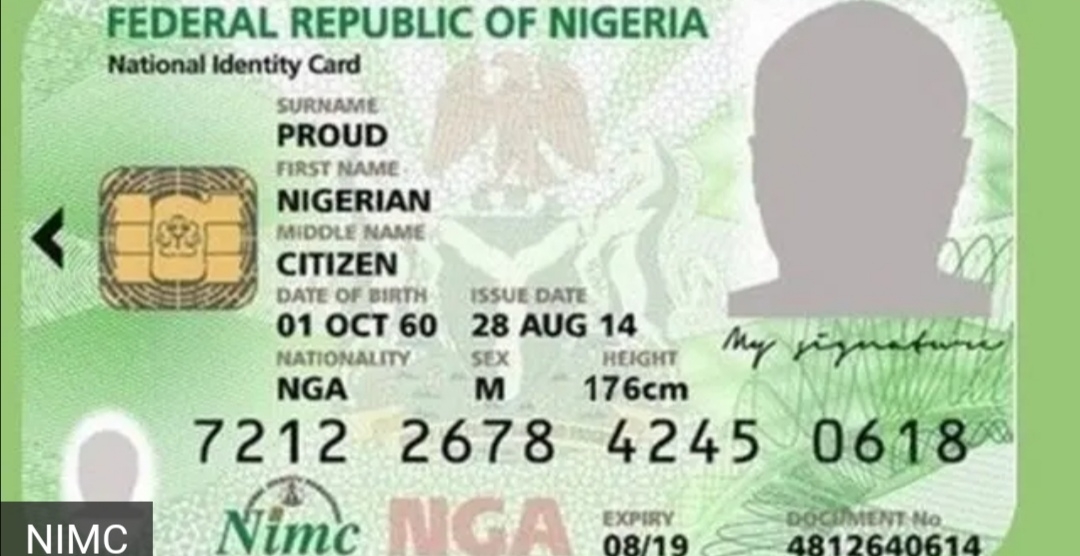 |
| Entrance to the Nigerian National Assembly |
Sanusi has more than just
knowledge and experience: he has guts to step on “big toes” as long as there
was a justification in his action. This character is something that is rare in
Nigeria, and is the reason why cold-hearted “big men” get away with their sins
against the nation. It was Lamido who came out to tell Nigerians that the
Nigerian National Assembly, alone, gulps up to 25% of Nigeria’s recurrent
expenditure. He was, also, the guy who exposed the dirty dealings between the Federal
Government of Nigeria and the Nigerian National Petroleum Corporation (NNPC),
at a time when he was the Governor of the Central Bank of Nigeria. He paid this
with a heavy price: his job as the Governor of the Central Bank.
No one knows, exactly, how much the
take-home of a Nigerian MP is. One common way of putting it is to say that it
is bigger than Barack Obama’s take-home, as President of the United States of
America. In Nigeria, a lot ordinary people fail to understand that MPs don’t
have any business with capital projects. They, thus, expect the legislators to,
directly, carry out capital projects, such as building hospitals, bridges, and
healthcare centers. This, in addition to a culture that expects political
office holders to shoulder the financial burdens of constituents who come begging,
are the excuses MPs often cite in their justification of the profits they make at the National
Assembly. To the MPs, shouldering the financial burdens of poor neighbors is
seen as duty to the nation. One is, however, confused that the financial allowances
that build the towering incomes of MPs in Nigeria, enjoy buffers from judicial
scrutiny.
We were told that democracy is a tool
that builds a nation faster than any other alternative. Among the processes of
nation building, democracy should cater for, is education of the ordinary
people. MPs are supposed to meet with their constituents, on a regular basis,
to keep them abreast with events and matters relating to their constituencies.
Thus, the constituency meetings should, also, be forums where legislators
educate constituents on their actual functions at the assemblies.
If the ignorance of the people is
a clock in the wheel of democracy, it is expected that the same democracy
should find a way of removing it. If schools have failed in their responsibility
to educate Nigerians to understand the duties of the different appendages of
government, then, democracy should find a way of getting the schools to carry
out their functions properly. Democracy should, also, compel parents to enroll
their kids into schools, where the people have the groveling habit of not doing
so.
It is true that only a few per cent of
Nigerian legislators actually have constituency offices, despite allowances
they take to maintain such. So, the issue of educating constituents does not,
even, arise. Most constituents often complain that the moment MPs are elected,
they move to Abuja to stay permanently, only to be seen in four years time,
when a renewal of tenure is been sought.
In a nut-shell, the allowances that build the incomes of MPs do not
really go toward addressing the excuses that justify their collections.
In the last twelve years, Nigeria
has seen oil money more that it has ever seen in any other period in its
history. All we have seen within the same period, however, have been a distinct
level of financial irresponsibility. Now, oil price has crash-landed with a preposterous
intensity. For any well meaning government, this should be a time for austerity
measures. If the take-homes of MPs, at the National Assembly, are higher than
the take home of President of the United States of America, then it is time to
start the strict measures by cutting down those allowances of MPs that should
cater for bogus constituency projects and give out largesse to poor neighbors.
Poor neighbors of MPs must be pushed out of laziness as part of the austerity
measures. It is time to resort to educating the masses on the functions of
every arm of government. This should be imbued into an austerity measure the
government must embark upon. The legislators must give up the financial
bounties that have drained the nation like a vampire drains its victim.







